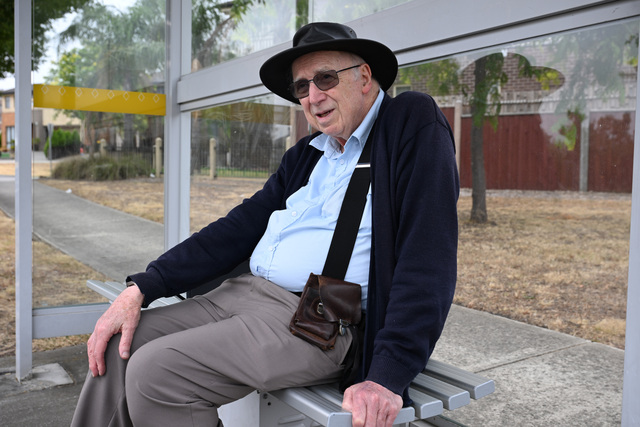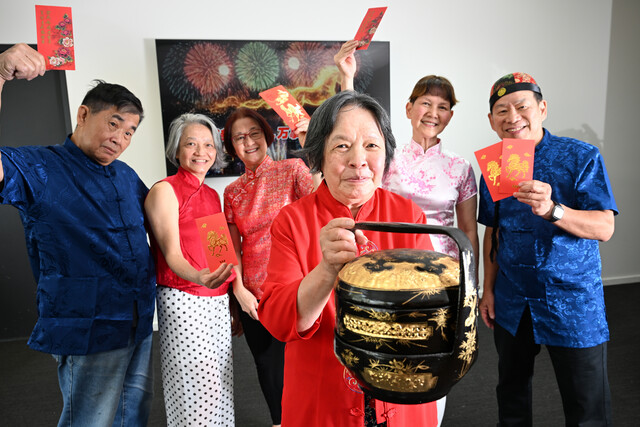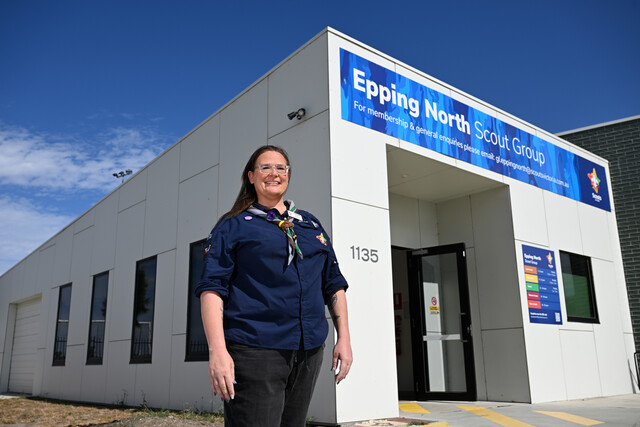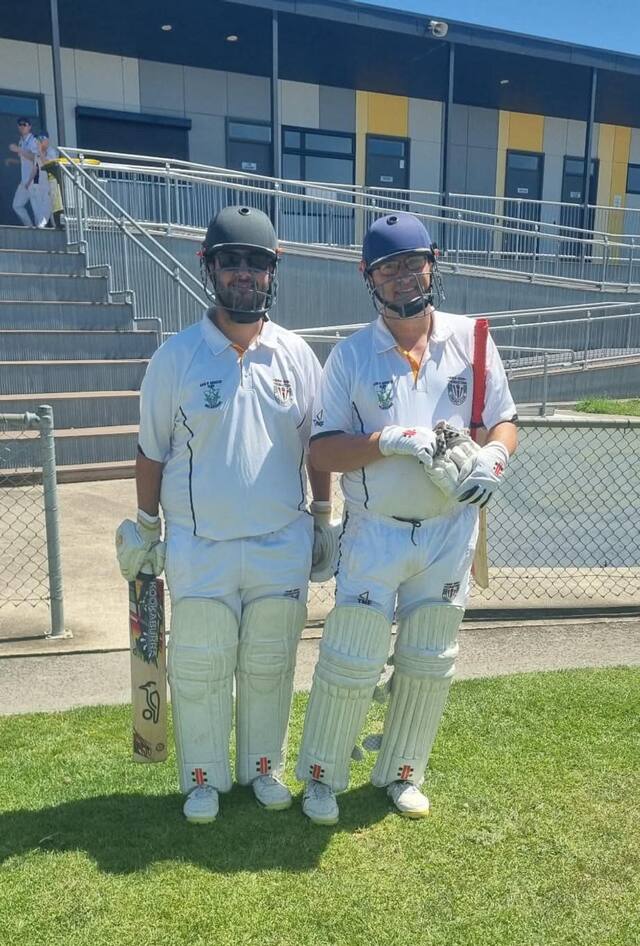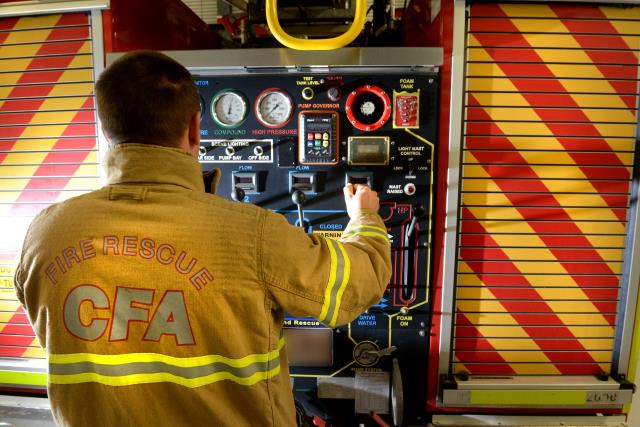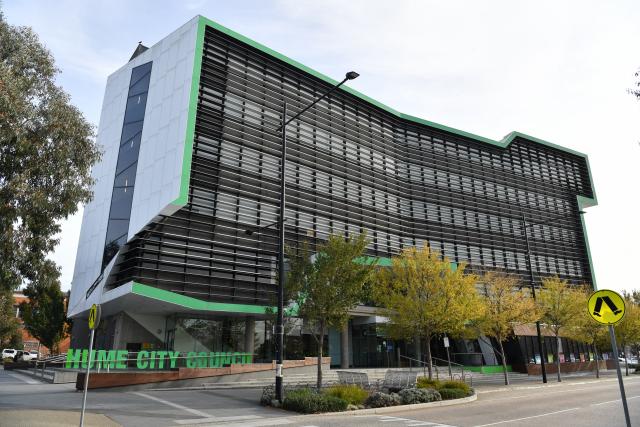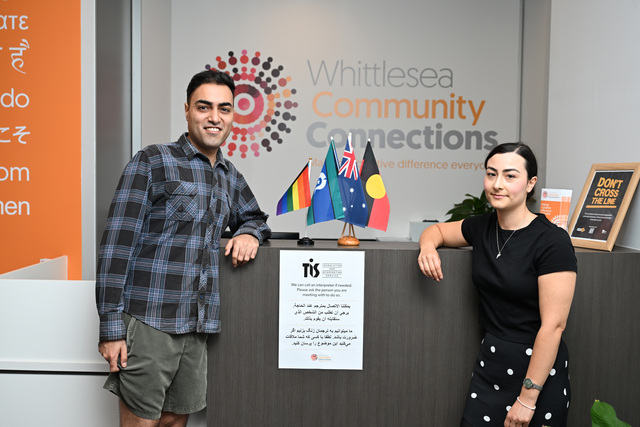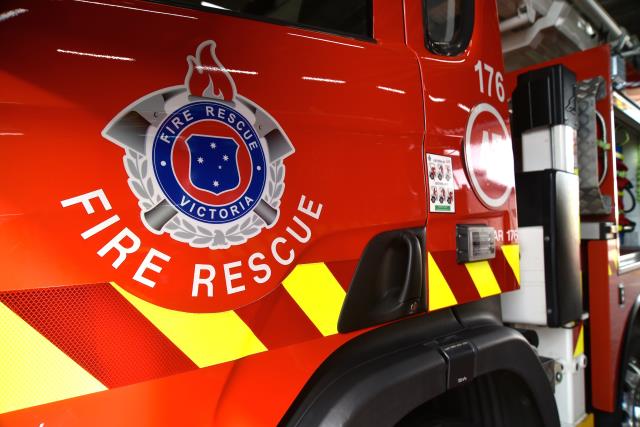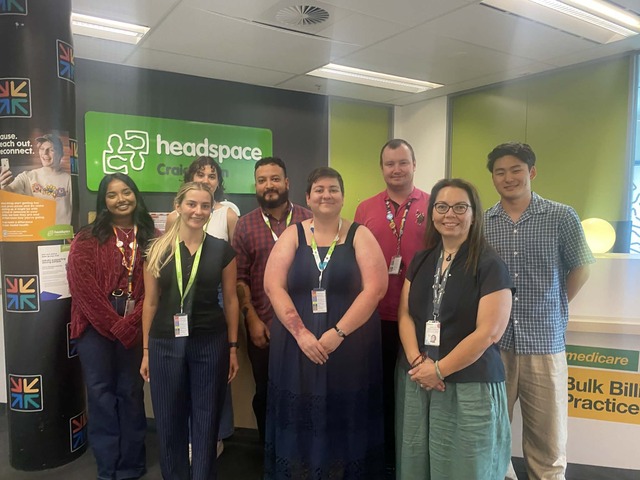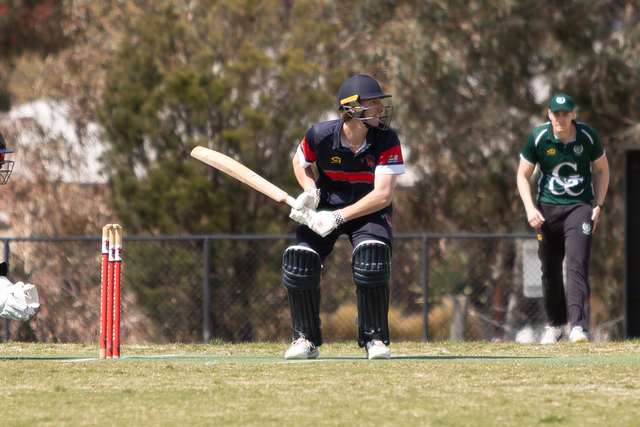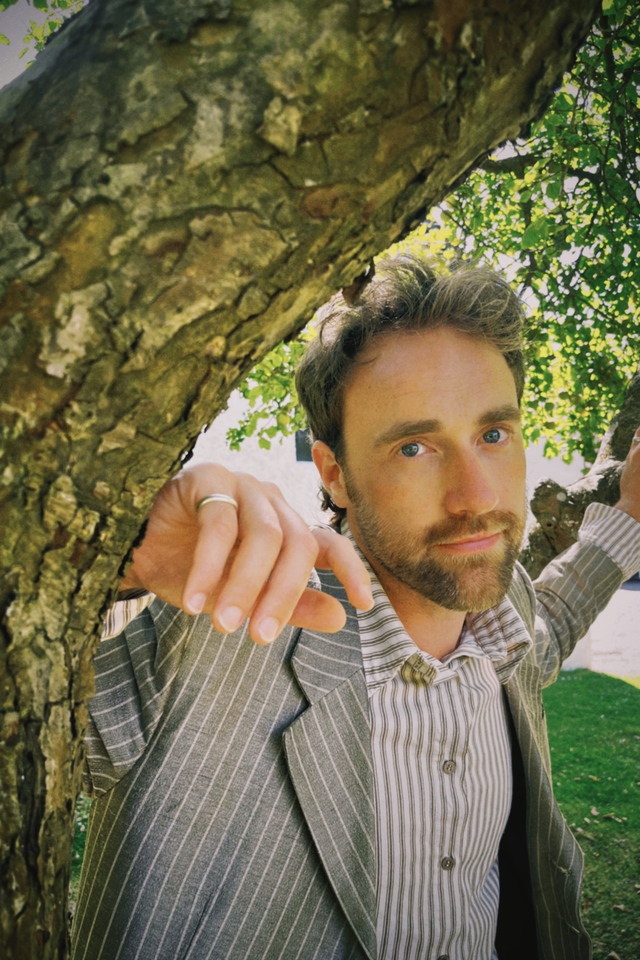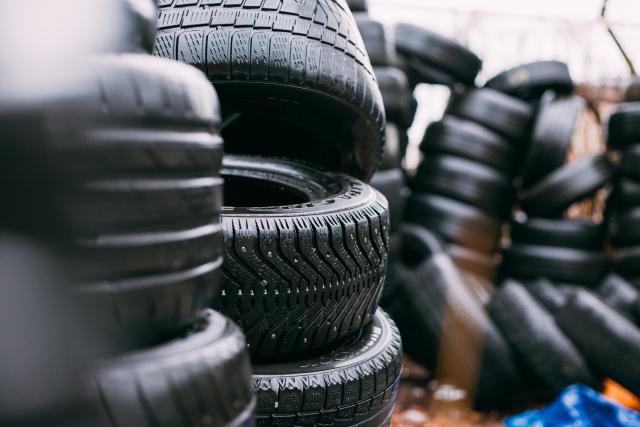Whether you are a parent, teacher, student or member of the broader community, everyone has a role to play in preventing the bullying of children and young people according to yourtown chief executive Tracy Adams.
Ahead of the National Day of Action against Bullying and Violence on Friday, August 18, Ms Adams urges everyone to think about how we can develop stronger connections within our communities to foster positive, help-seeking behaviour, and stop bullying behaviour in its tracks.
Connecting children to help through yourtown’s free Kids Helpline@School program is an excellent way that primary aged children can build strong social skills to stop bullying behaviour, and support those experiencing bullying. The program is supported by the BUPA Foundation and delivered by qualified Kids Helpline counsellors via video link to school classrooms and is free to all primary school students across Australia.
In 2022, one in 10 Kids Helpline@School sessions delivered by counsellors to primary schools focused on bullying or cyberbullying
In addition to Kids Helpline@School, Ms Adams said bullying was in the top 10 concerns for young people in 2022 connecting with Kids Helpline counsellors with one in every 23 counselling responses.
“At Kids Helpline we talk to young people every day about not being a bystander when they witness bullying but being an upstander instead,” she said.
Some recommended strategies for parents to talk to their children about include showing you disapprove from frowning at a mean joke to shaking your head, interrupt the bullying by talking to the person being bullied, or give the person being bullied an excuse to leave the situation – for example saying “The teacher is looking for you” or, “Hey, can you come help me with something for a minute?”
When a young person reaches out to a trusted adult to tell them they are being bullied, they should be heard and taken seriously. Parents play a critical role in bullying prevention by role modelling positive behaviours and also providing the space for their children to connect and talk openly about this issue. By encouraging connection and discussion about bullying, parents are also role modelling how children should talk about and approach the issue with their peers when they see it happen.
“We encourage parents not only to lead by example by demonstrating respect, but to educate themselves about how and where bullying is conducted, including online, and to look out for the signs that something might be worrying their child. A really good way to ‘open the connection’ with children is to go through some of the tips and information on the Kids Helpline website.”
Get support – counselling can help children and their parents gain insights and perspective on bullying and violence. Even more importantly, by getting help, speaking out, and collectively working together, we can put a stop to bullying behaviour when it happens.
Powered by yourtown, Kids Helpline is Australia’s only free, confidential 24/7 support service that protects and safeguards the mental health of children and young people in Australia by providing young people with a choice of counselling options and accessible self-help tools when they need them.
Teachers can book a free Kids Helpline@School session through schools.kidshelpline.com.au.



